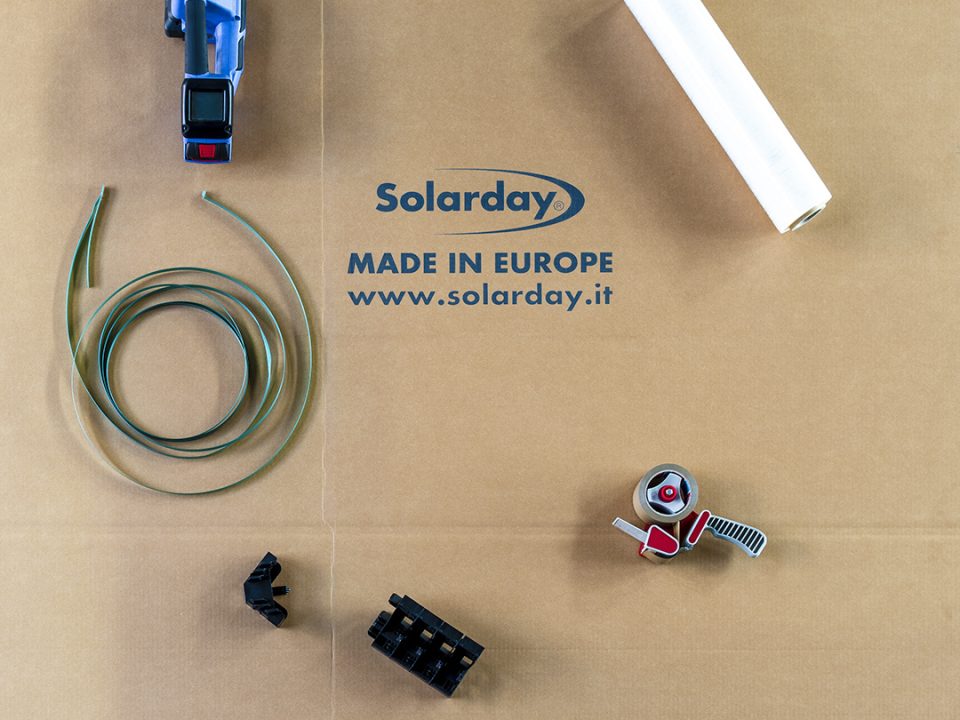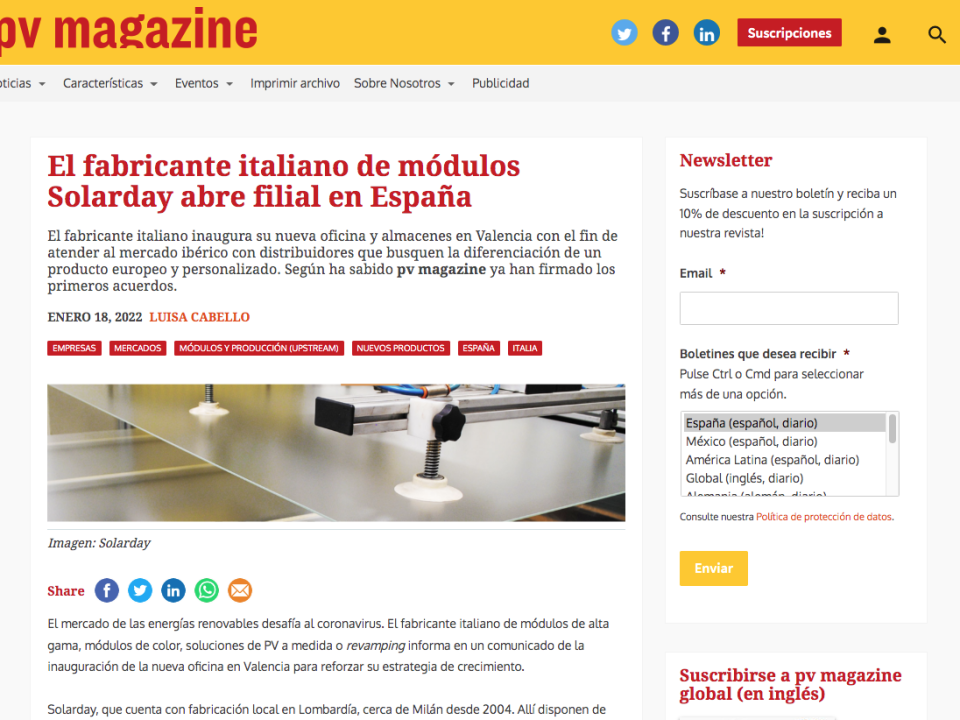Solarday certification: ISO 14001–9001- 45001 The responsibility comes from the companies
Solarday recently renewed its company certifications for the ISO 9001, ISO 14001 and ISO 45001 standards.
To obtain these certifications, however, it is necessary to comply with certain standard quality requirements in the company.
All companies that want to stand out from the competition and improve their business processes, and sustainability or comply with production standards aim to obtain these certificates.
But before seeing Solarday’s certifications ISO, what are ISO standard certificates, and how can they be obtained?
What is ISO certification, and how does it come about?
If you’re wondering what ISO means, here’s the answer: ISO commonly refers to the International Organization for Standardisation, which was founded in 1987.
Therefore, ISO is an organization that develops and publishes internationally recognized standards, aiming to make them uniform for all companies.
It is the world’s most famous and accredited organization on the subject, and its certifications are among the most valid on the international scene.
In summary, ISOs are standards dictated by technical norms that address various aspects of business life.
Why ISO certification?
As mentioned earlier, ISO certifications are very important for businesses because they offer professional tools.
These are used to demonstrate compliance with management systems, business processes, Occupational health and safety management systems and, last but not least, environmental analyses, such as ISO 14000.
The objective of these certifications is to structure business processes that aim to improve effectiveness and efficiency during product manufacture or the service delivery phase.
The ultimate aim, therefore, is to increase customer satisfaction.
What is ISO 9001?

Before explaining what ISO 9001 is, let us take a step back.
What is ISO 9000? By ISO 9000 we identify the set of regulations and guidelines that define the standard requirements for a company’s Quality Management System.
ISO 9001 on the other hand is the number of the actual standard by which a company obtains certification.
In short, ISO 9001 is a Quality Management System standard that helps organizations ensure that customer requirements are met.
The intent of the 9001 standards is therefore to implement management systems that can be used to improve the quality of one’s business model.
This standard is based on several quality management principles, including a strong customer focus, top management motivation and involvement, a process approach and continuous improvement.
ISO 9001 offers the possibility of applying a more comprehensive and structured approach.
Structured process analysis, allows many aspects of the business model to be verified and complied with, including:
- Customer requirements;
- How products or services are produced and delivered;
- How employees are recruited and considered competent;
- How documents are checked to ensure that they are valid;
- How corporate management periodically reviews the processes it has implemented,
- How statistical data is used in decision-making.
What is ISO 14001 certification?

ISO 14000 stands for a set of technical standards relating to the environmental management of organizations.
ISO 14001, specifically, identifies a technical standard for the standardization of environmental management systems and sets out the requirements.
It is therefore an internal company environmental management policy that aims to comply with applicable laws to limit pollution and continuously improve its performance.
The 14000 series of standards cover general topics, such as environmental management systems, and in addition proposes three types of useful tools for its implementation: LCA (Life Cycle Assessment), EPE (Environmental Performance Evaluation) and Environmental Labelling.
One of the most interesting aspects of this certificate is the ‘voluntaries’ of this standard.
It is de facto exempt from any legislative compulsion to use them but allows for the creation of good standards and sustainable processes that safeguard the environment, especially in the long run.
What is ISO 45001 certification?

The iso 45001 standard, on the other hand, refers to occupational health and safety management systems.
Is an indicator that communicates a company’s care for its employees and at the same time provides guidelines.
Any organization can apply for ISO 45001:2018 certification in order to implement a health and safety management system while minimizing risks. By complying with ISO 45001 standards, a company improves and ensures the well-being of its employees.
Solarday’s responsibilities for the future
Thanks to these certifications, Solarday also has the opportunity to do its part for a more sustainable future in the photovoltaic and renewable energy market.
Are you interested in receiving further updates on the world of solar panels and Solarday?
Sign up for our newsletter and keep in touch!
a



